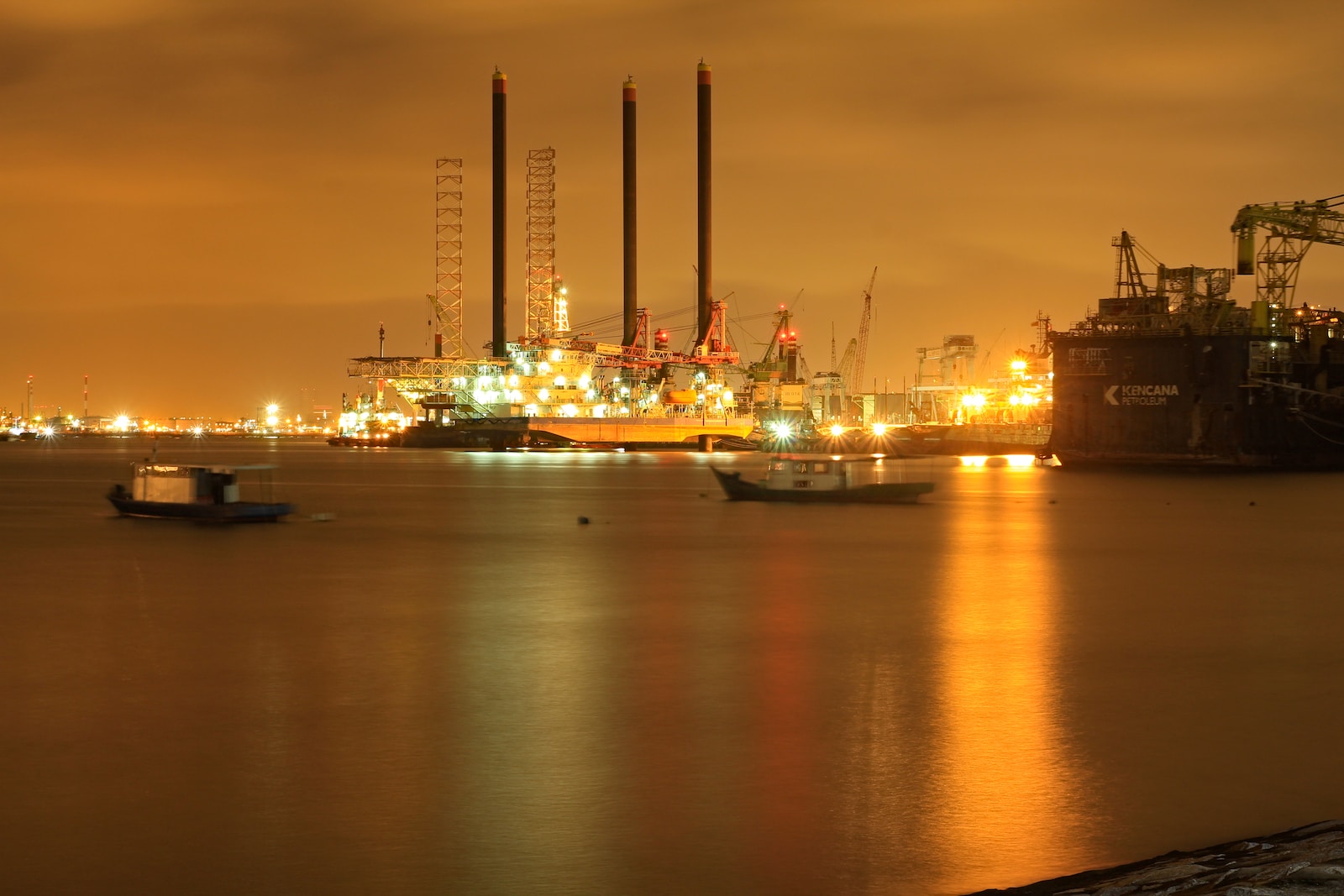The price of a barrel of Brent crude increased by $1.20, or 1.5 percent, to $78.24 at the beginning of the New Year. Meanwhile, the price of a barrel of West Texas Intermediate crude in the United States increased by $1, or 1.4 percent, to $72.66.
The analysts predicted that demand would be capped due to weak global growth, but they anticipated that geopolitical tensions would give support. Photo: Associated Press
A.P.
It was anticipated by analysts that demand would be capped due to weak global economy, but they anticipated that geopolitical concerns would give assistance. (Photo by Associated Press)
Oil prices have increased by 1.5 percent in the first session of the New Year. This increase can be attributed to the possibility of supply disruptions in the Middle East as a result of a naval conflict in the Red Sea, as well as the anticipation of robust demand over the holiday season and an economic stimulus in China, which is the largest importer of crude oil.
By 04:38 GMT on Tuesday, the price of a barrel of Brent crude had increased by $1.20, or 1.5 percent, to $78.24, while the price of a barrel of West Texas Intermediate crude in the United States had increased by $1, or 1.4 percent, to $72.66.
According to a study conducted by Reuters, economists and experts projected that the average price of a barrel of Brent crude will be $82.56 this year. This figure is slightly higher than the average price of $82.17 in 2023.
It was anticipated by analysts that demand would be capped due to weak global economy, but they anticipated that geopolitical concerns would give assistance.
A Maersk container vessel in the Red Sea was attacked by Houthi rebels supported by Iran on Sunday. U.S. helicopters were able to repel the attack, which resulted in the loss of three Houthi ships and the deaths of ten fighters. This incident escalated the risks of Israel’s war on Gaza becoming a wider regional confrontation.
“The oil price may be affected by the escalation of the situation in the Red Sea over the weekend and the peak demand season during China’s Spring Festival,” said Leon Li, an analyst based in Shanghai for CMC Markets. He was referring to the Lunar New Year vacation that is scheduled to take place in the beginning of February.
Li went on to say that the anticipated demand during the Chinese holiday season was also contributing to the anticipation of a price comeback in January.
The repercussions of a major battle
Some of the most important waterways for the transfer of oil supplies, such as the Red Sea and the Straits of Hormuz in the Gulf, might be shut off if the conflict were to become more widespread. At the conclusion of the naval conflict, an Iranian warship was reported to have entered the Red Sea, according to Iranian media on Monday.
According to the data that is being collected from ship monitoring, at least four tankers that are bringing diesel and jet fuel from the Middle East and India to Europe are circumnavigating Africa in order to avoid the Red Sea.
As a result of the fact that manufacturing activity in China decreased for the third consecutive month in December, investors’ expectations for new stimulus measures increased in China, according to statistics released by the government on Sunday.
It is possible that a stimulus may provide a boost to economic growth, which could potentially increase the demand for oil in the nation that is the second largest consumer of oil in the world, and it could also lend support to prices.





